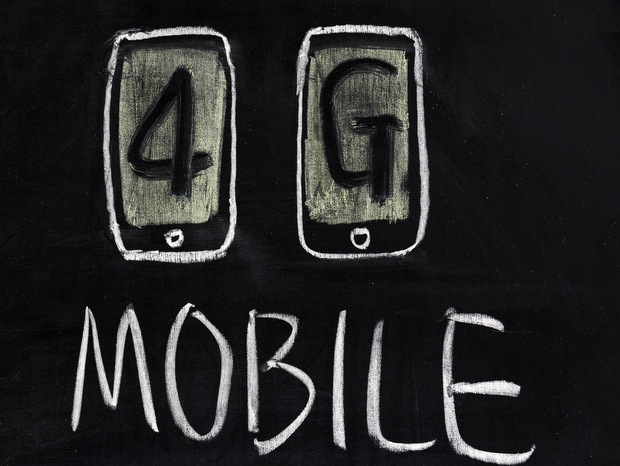LTE commercialization likely to hit Indonesia year-end


Indonesian consumers have been waiting impatiently for better quality internet connection. Looking at what they have been experiencing with services delivered on 3G and EVDO technologies all these years, it leaves lackadaisical view here that current services from the country's nine operators will see much improvements.
Some 65 million netizens in the country have long been waiting for stable, reliable, and high-speed internet access. Let's take a look at what three of Indonesia's biggest operators currently are facing in commercializing LTE (long-term evolution), when more than 210 operators have implemented 4G network offering up to 150Mbps access speed.
Telkomsel, the largest mobile phone operator in Indonesia, has given indication it will deploy 300 to 400 LTE BTS (base transceiver station) and set up its billing engine once the country's Ministry of Communication and Technology give the go-ahead. Today, the telco is preparing themselves to conduct LTE trials in two cities, Medan and Manado, after the APEC Summit next month--to be held in Bali--is over.
Indosat, which has 60 million subscribers, said it will be modernizing thousands of its BTS with more sophisticated and environmental-friendly alternatives throughout the year and we're anticipating the new network's rollout. As far as we note down, the operator has 20MHz bandwidth from two spectrum--15 MHz and 5MHz--in 1800MHz frequency and 10MHz in 2.1 MHz frequency.
In the first quarter of this year, Indostat conducted LTE trials in two cities: 15MHz spectrum tests in Bandung, and 10MHz in Surabaya.
XL, or PT. XL Axiata Tbk as it will shortly be known, has been very busy lately with its acquisition of another local operator, AXIS Telekom Indonesia. The process itself is halfway complete and it is waiting for technical recommendation from the local regulator, Ministry of Communication and Information, before it brings forward its Conditional Sales Purchase Agreement (CSPA). Upon completion, its LTE service will be provided in 1800MHz spectrum, as XL and AXIS both already have 7.5MHz and 15MHz bandwidth, respectively.
The three operators have been highlighting several similar points. From an infrastructure point of view, having witnessed their preparation for the APEC Summit, it's probably safe to say there should not be any major issues with their eventual LTE service rollout in the commercial market.
Earlier this year, analysts predicted that the 1800MHz with 5MHz to 10MHz bandwidth would be the government's preferred option after considering several factors, particularly the availability of handsets and what global industry body GSMA often cites as the most widely selected by operators across the globe in deploying LTE services.
The ministry, though, has yet to indicate it is ready to release the official LTE regulation. From what we estimate, this should be due out in the fourth quarter of 2013. At the Indonesia Communication Technology Award (INAICTA) held earlier this month, communication and information minister Tifatul Sembiring promised that an LTE launch within the 2.3GHz frequency was slated for the end of this year.
Once LTE race flag is raised, all operators will be gearing up to offer this high-speed service and more importantly battling to gain more subscribers.
For consumers, the time to rejoice in anticipation of the service will likely be December as local operators will be busy ensuring next month's APEC summit runs smoothly and assessing their LTE trials. At the latest, I can safely conclude, it will launch first quarter next year ahead of the country's general election.
Meanwhile, until then, stay calm and keep reading ZDNet.